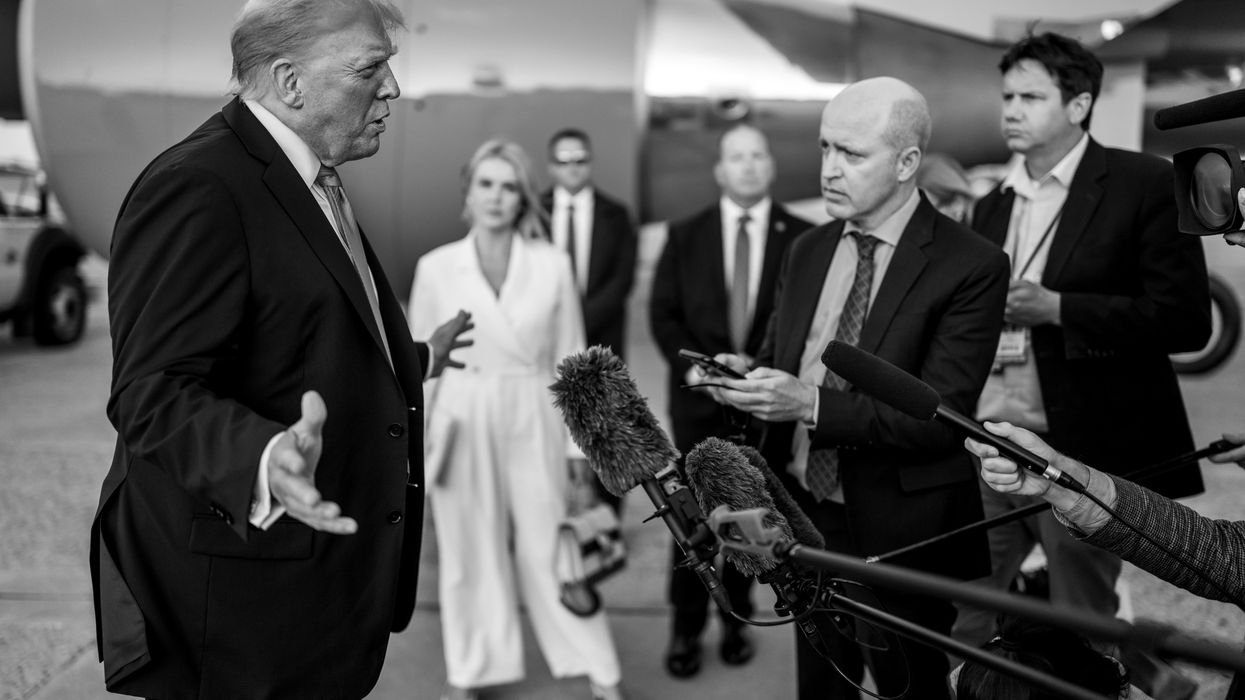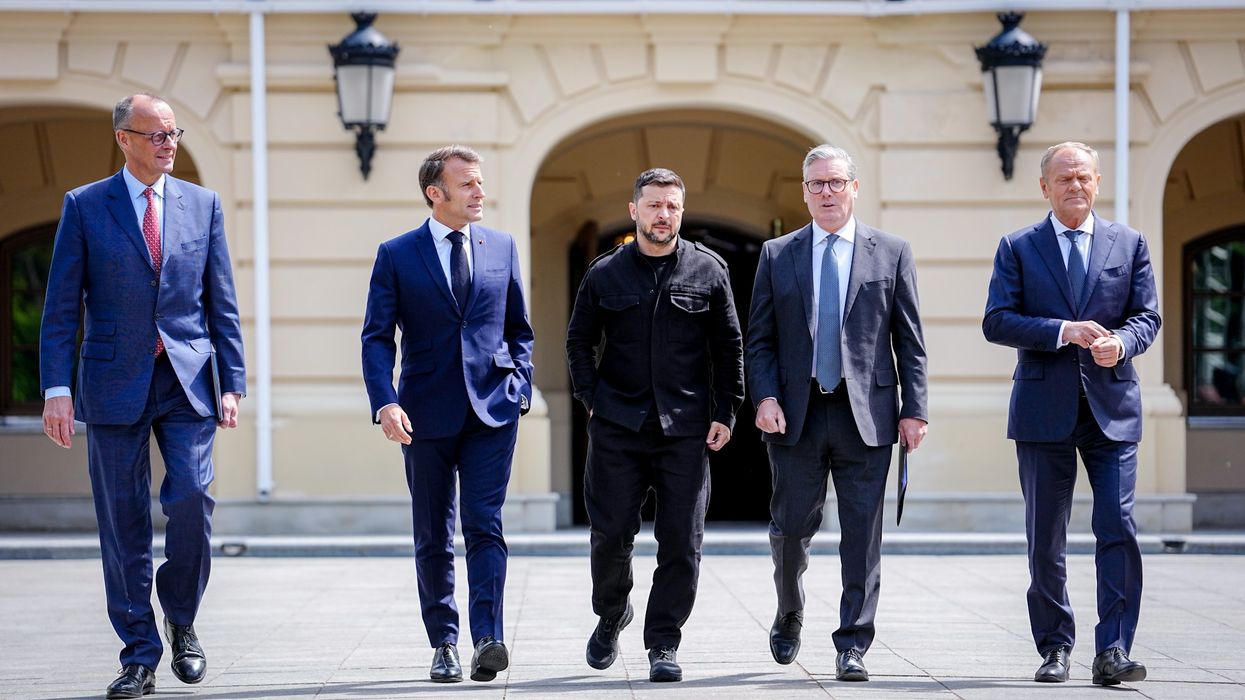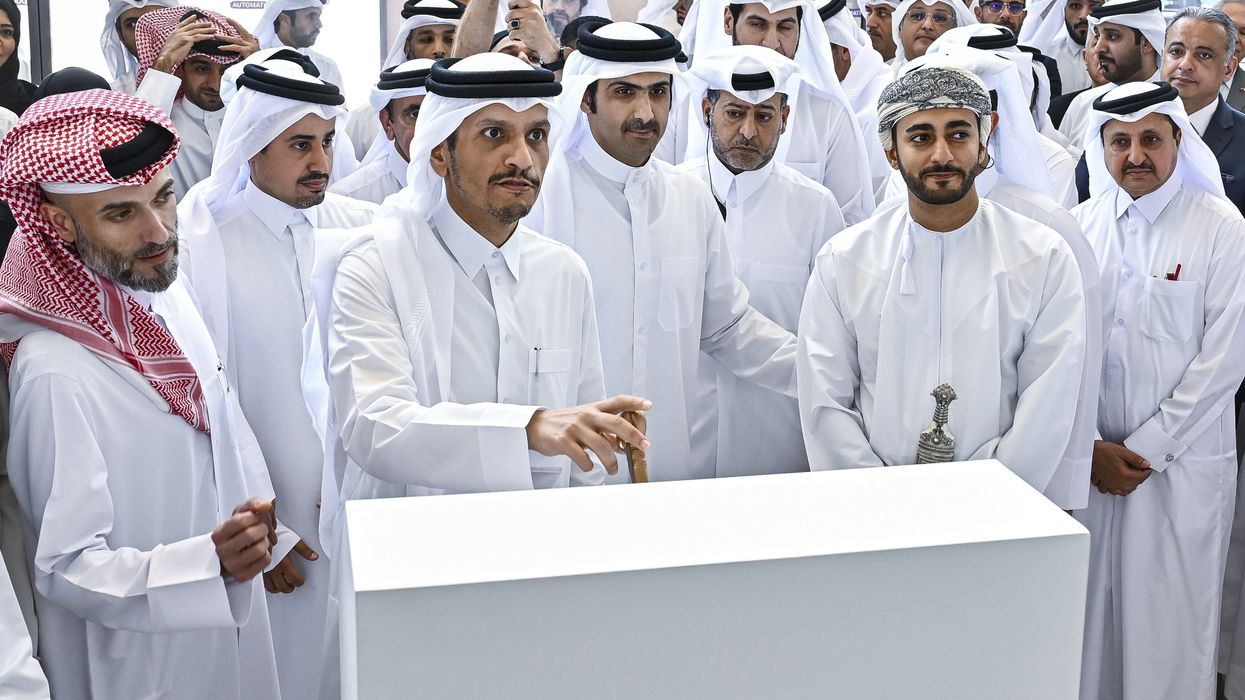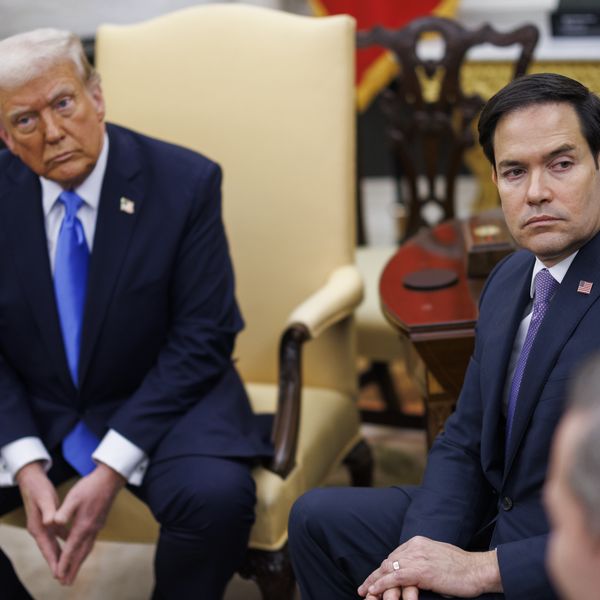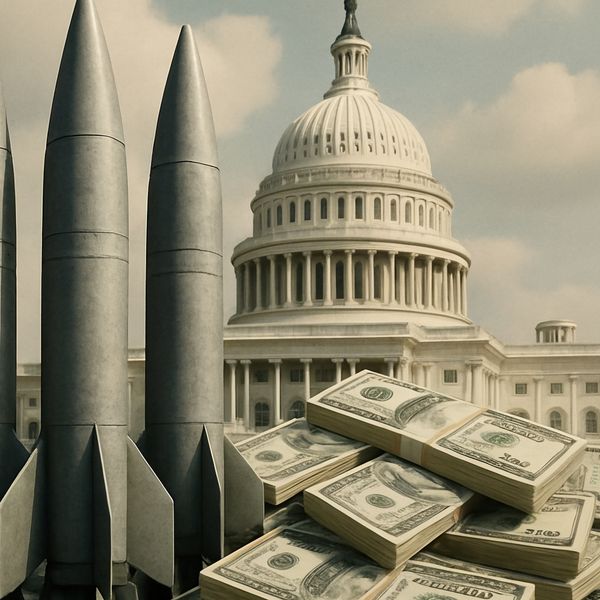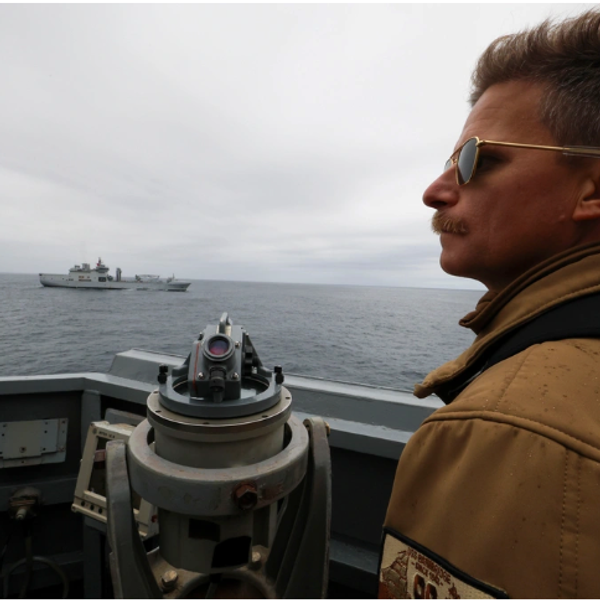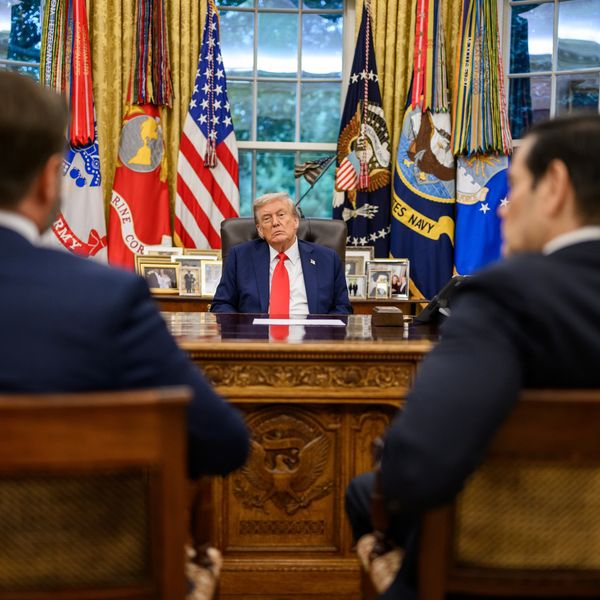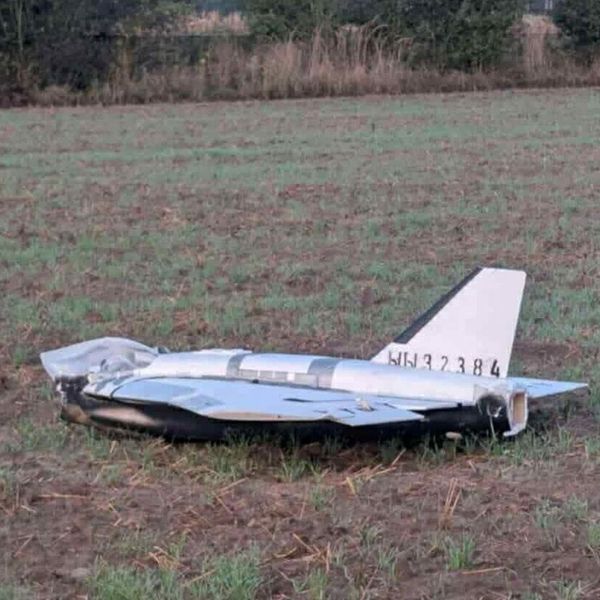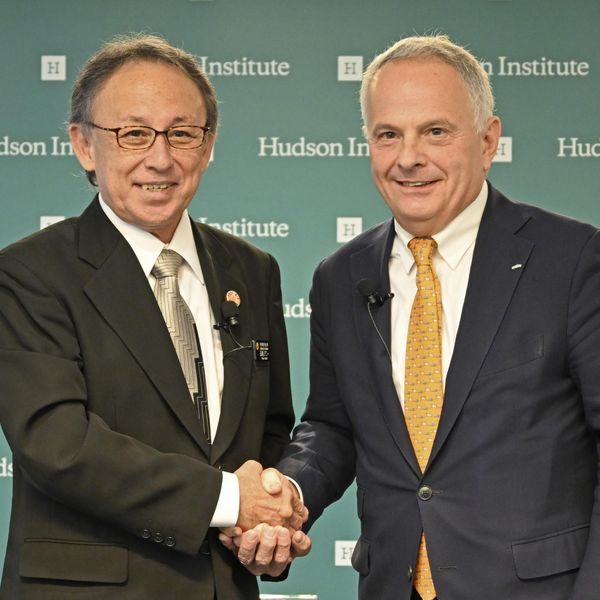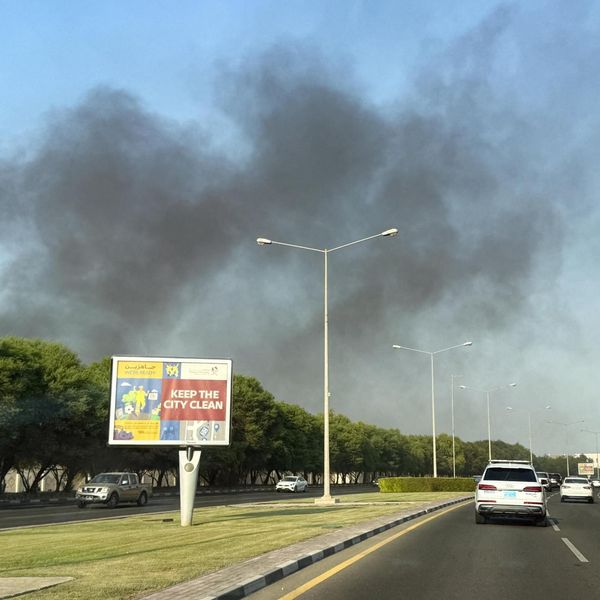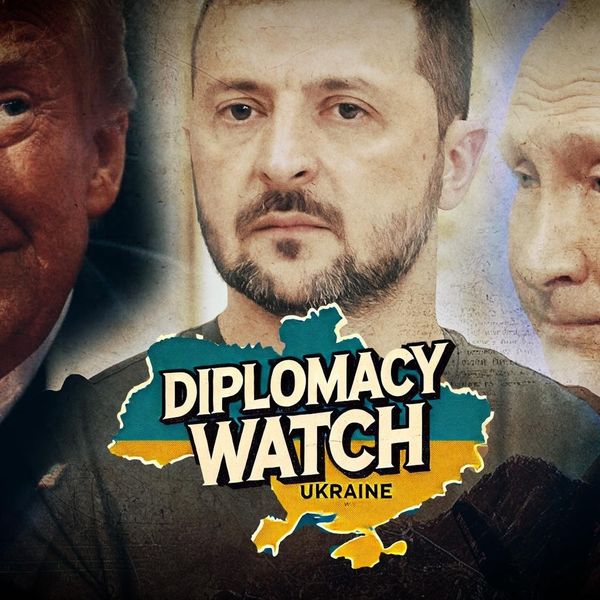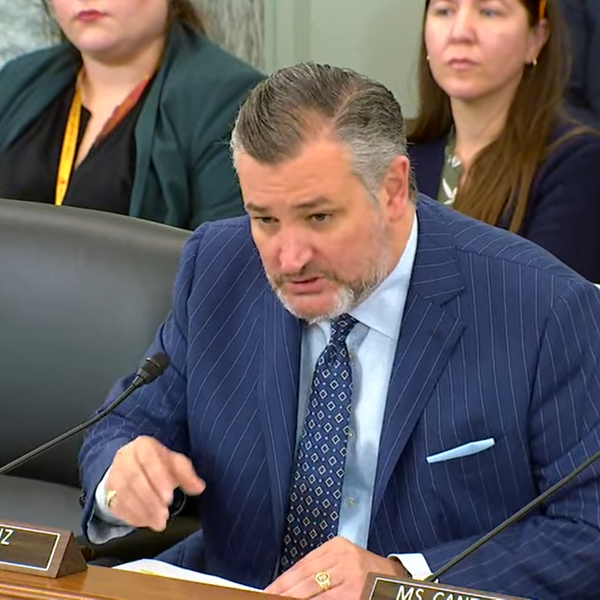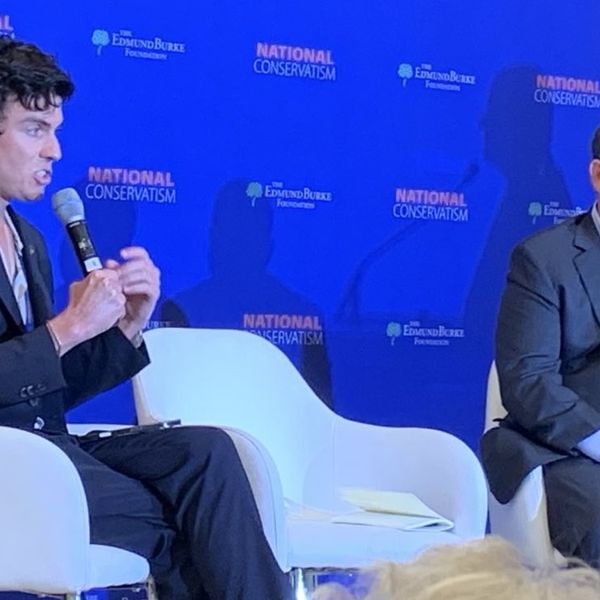During a Wednesday press conference, Turkish President Recep Tayyip Erdogan attacked Western policy toward Russia as “provocative” after the European Union and G7 pitched a cap on Russian gas prices.
“I can clearly say that I do not find the stance that the West is adopting is correct,” Erdogan said. “Because there is a West that is leading a policy based on provocation, it will not be possible to achieve a result there.”
The comment drew swift rebukes from many in Washington, with Rep. Frank Pallone (D-N.J.) saying that Erdogan “takes the side of dictators over democracies and seeks to create disunity among our allies.”
Of course, the Turkish president is rarely deterred by Western backlash. In a press conference Thursday, Erdogan doubled down and echoed concerns from Russian President Vladimir Putin about the implementation of a July agreement that restarted grain exports from Ukraine.
“The fact that grain shipments are going to the countries that implement these sanctions [against Moscow] are disturbing Mr. Putin. We also want grain shipments to start from Russia,” he said, referencing parts of the deal meant to facilitate the export of Russian crops. He added that the grain “unfortunately goes to rich countries, not to poor countries,” mirroring another recent complaint from Putin.
The comments — and the reaction to them — are a stark reminder of Erdogan’s precarious position as the conflict’s most bombastic neutral party. As I wrote in June, Turkey has tried to maintain a balance between East and West throughout the conflict, arming Ukraine and joining some Western sanctions while defending and negotiating with Russia when possible. Erdogan has leveraged this approach to boost Ankara’s international standing, but he’s almost fallen off the tightrope more than a few times.
As the above statements suggest, his most notable success — the grain deal that he played a crucial role in mediating — has come under threat. But it’s worth noting that it was no small feat to reach the deal in the first place, and, despite Putin’s concerns about the agreement, at least 25 ships have already managed to bring 630,000 tons of grain and other food products to world markets.
As the war drags on, Erdogan will likely try to build on that deal in order to create a lasting solution to the conflict. Only time will tell if he has what it takes to pull off such a challenging feat.
In other diplomatic news related to the war in Ukraine:
— Secretary of State Antony Blinken made a surprise visit on Thursday to Kyiv, where he announced that the United States will provide Ukraine with $1 billion in foreign military financing to purchase American weapons, according to the AP. Blinken also met with a number of Ukrainian officials, including President Volodymyr Zelensky.
— On Monday, President Joe Biden rejected calls to designate Russia as a state sponsor of terror, according to Reuters. The White House reportedly views the designation as unnecessary and overly broad — a view shared by many experts. “Just consider the boomerang effect on Western economies,” Rajan Menon of Defense Priorities told me back in July. Later in the week, Biden held a call with allies about “continued support for Ukraine after Russia’s invasion,” according to Reuters.
— On Tuesday, UN officials called on Ukraine and Russia to create a demilitarized zone around the Russian-held Zaporizhzhia nuclear plant, according to the New York Times. The statement comes just days after a team from the International Atomic Energy Agency examined the plant and left several officials on-site to continuously monitor the area. But it appears that neither side has heeded the UN’s advice: Shelling near the plant started up again on Wednesday, with Ukraine and Russia each blaming the other for the uptick in hostilities.
— Far-right Italian politician Matteo Salvini asked the West to rethink its sanctions on Russia, according to Politico. "I would not want the sanctions to harm those who impose them more than those who are hit by them," said Salvini, who is a prominent member of a bloc expected to win in Italian elections later this month. “If we adopt an instrument to hurt the aggressor and after seven months of war it has not been hurt, at least considering a change seems legitimate to me.”
U.S. State Department news:
In a Wednesday press conference, State Department spokesperson Vedant Patel addressed news that Putin and Chinese President Xi Jinping will meet at next week’s Shanghai Cooperation Organization conference in Uzbekistan. “I’m not going to speak to reported meetings between other countries, but we’ve made clear our concerns about the depth of the PRC’s alignment and ties with Russia even as Russia prosecutes a war of aggression in Ukraine,” Patel said.

